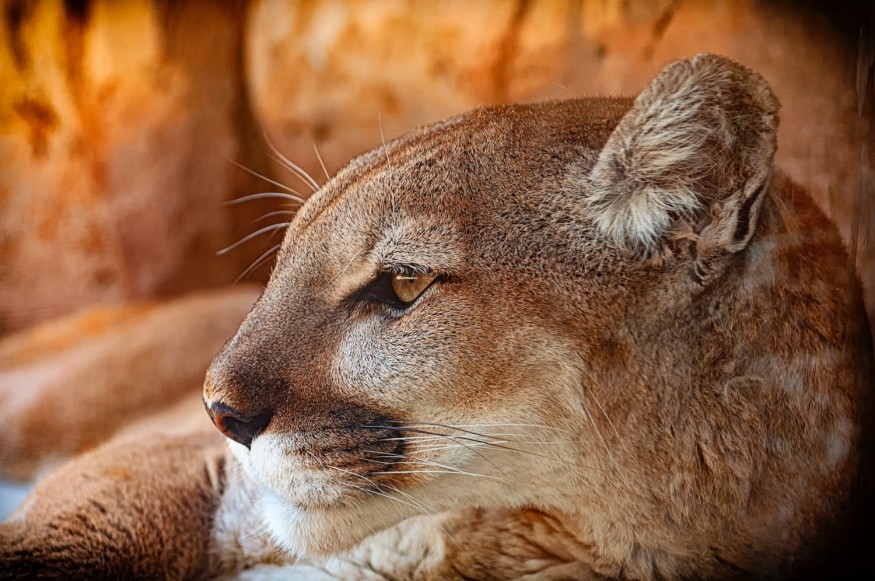
Officials in Nebraska shot a mountain lion dead after it disrupted a golf game, which was ultimately called off for public safety even though no injuries were recorded.
Mountain Lion Shot and Killed
A mountain lion that had disrupted a local golf event was shot and killed by authorities in Valentine, Nebraska on Thursday.
The golf course's administration said that the 103-pound "sub-adult" male had been seen on a trail camera passing the eighth-hole green at the Frederick Peak Golf Course in Valentine on the morning of September 19.
The competition was called off in the middle because of safety concerns even though none of the competitors saw the lion.
Public Safety First
According to a spokesman for the Nebraska Game and Parks Commission, the mountain lion was slain to protect the general public. They didn't specify where the mountain lion was slain, though.
According to the Mountain Lion Response Plan by Game and Parks, in the event of a mountain lion sighting, police have the power to remove it securely and without harming the animal to preserve public safety, the spokesman said.
A confirmed report of a mountain lion sighting in the city prompted a coordinated response from the Valentine Police Department and Nebraska Game and Parks. The authorities responded following Nebraska's Mountain Lion Response Plan, with the public's safety being their main priority.
Despite the rarity of assaults, mountain lions contribute to Nebraska's natural richness.
Why Relocation is Not an Option
According to the spokesperson, relocating mountain lions poses significant challenges for several compelling reasons. Firstly, public safety is a paramount concern. Nebraska's landscape is predominantly privately owned, leaving limited public lands with suitable lion habitats. Consequently, any relocated lion could swiftly venture onto private properties, potentially endangering residents.
Secondly, the relocation of adult mountain lions to zoos is problematic. These wild animals often experience extreme stress in captivity and may struggle to adapt, compromising their well-being.
Moreover, tranquilizers used for relocation can take up to ten minutes to take effect. During this time, darted animals may bolt and escape, making it difficult or impossible to move them safely. They could potentially enter traffic or densely populated areas in a partially sedated state, posing risks to both themselves and the public.
In 2022, Game and Parks approved mountain lion hunting with a maximum harvest of four cats, including a sub-limit of two females. This measure aims to maintain the mountain lion population's well-being and vitality by preventing unchecked growth or a slight decrease in numbers.
Mountain Lions
Because mountain lions depend on the protection of vast expanses of habitat, they are considered an "umbrella species" for conservation. A mountain lion typically needs 13 times the space of a black bear and 40 times the space of a bobcat to survive. Numerous other plant and animal species that share the mountain lion habitat gain from the preservation of adequate wilderness to sustain a stable mountain lion population.
They are unable to growl, unlike other huge cats. Instead, they hiss, snarl, screech, and purr like domestic cats. Mountain lions are solitary and territorial animals. They mark their territory with pheromones and physical markings like claw marks or feces.
© 2025 NatureWorldNews.com All rights reserved. Do not reproduce without permission.





